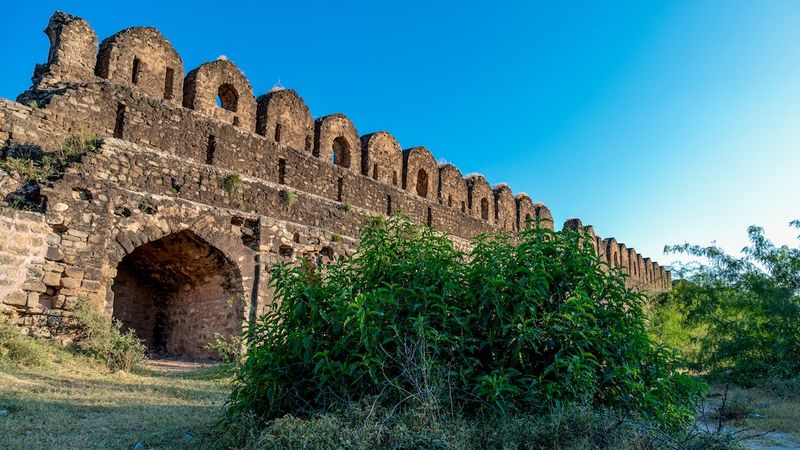Pakistan: Crackdown on Political Opposition Raises Concerns for Democracy</h2>
The Current Situation
On May 9, 2023, former Prime Minister Imran Khan was arrested on corruption charges, which provoked protests across Pakistan. In response, Pakistani police have carried out mass arrests and detained more than 4,000 people, including members of the political opposition. Many have been charged under vague and overbroad laws prohibiting rioting and creating threats to public order. Human Rights Watch has called for the release of all those held for peaceful protest or supporting the political opposition and for the respect of the due process rights of all those detained.
The Need for Due Process
Pakistani law requires that all detainees be brought before a court within 24 hours, consistent with the International Covenant on Civil and Political Rights, to which Pakistan is a party. This principle of due process is a fundamental aspect of any functioning democracy, and the Pakistani authorities have an obligation to respect it. While those who engaged in violence and criminal activity during protests should be held accountable for their actions, it is essential that human rights, including freedom of expression and peaceful assembly, are not trampled upon in the process.
The United Nations Basic Principles on the Use of Force and Firearms
In addition to due process rights, the United Nations Basic Principles on the Use of Force and Firearms by Law Enforcement Officials provide that security forces must use the minimum necessary force at all times. It is crucial to remember that security forces also have an obligation to respect human rights and the rule of law, even during times of political conflict.
The Importance of Restraint and Respect
The current situation in Pakistan is concerning for the future of democracy in the country. Fundamental guarantees of peaceful protest and due process should not become casualties of Pakistan‘s political conflict. The authorities should display restraint and respect for human rights and the rule of law. The crackdown on political opposition could ultimately weaken democracy in Pakistan, and it is crucial that the rights of all individuals are respected, and the due process is upheld.
Editorial
The crackdown on political opposition in Pakistan is a worrying development for the country and its people. The right to peaceful protest and freedom of expression are essential components of any vibrant democracy. While violence and criminal activity during protests must be addressed, it is not acceptable to arrest and detain members of the political opposition without due process. This situation raises concerns for the future of Pakistan‘s democracy, and we urge the authorities to respect the fundamental human rights of all individuals and to uphold due process.
Advice
To avoid further damage to Pakistan‘s democracy, the authorities must release all those held for peaceful protest or supporting the political opposition and respect the due process rights of all those detained. They should display restraint and respect for human rights and the rule of law and avoid using excessive force during protests. The international community should also pay attention to the situation in Pakistan and work together to support the promotion of human rights and democracy in the country. Only through upholding these fundamental values can Pakistan‘s democracy be strengthened and sustained for the future.

<< photo by GhulamRasool Butt >>
You might want to read !
- The environmental cost of Russia’s fading appetite for protection
- “Iran’s Executions of Tortured Protesters Demand a Forceful Response from the Global Community”
- Stop the revocation of rights for transgender and gender-diverse people in Pakistan
- Why Competitive Elections for the UN are Beneficial: An Editorial Exploration
- Tunisia’s Sentencing of Ghannouchi Represents a New Level in President Saied’s Crackdown on Opposition
- The Complexities and Implications of the UAE’s Invitation to Syrian President Bashar al-Assad for COP28
- Lebanon’s Judiciary Continues to Undermine Freedom of Expression and Judicial Independence
- Brazil’s Environmental Policies Called into Question: Why Joining Regional Pact is a Imperative Move
- Assault on Press Freedoms in East and Southern Africa: Journalists Under Increasing Threat